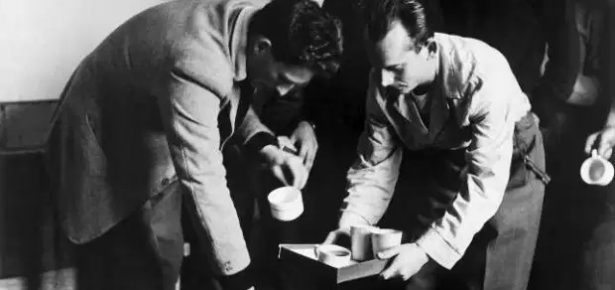
What can we gain, as historians, if we look closely at the history of refugees in Britain? In my new book I argue that it can illuminate all sorts of unexpected areas of British life, society, and government, and how it has changed over time. How?
Well. Refugees are awkward. Their arrivals are typically unpredictable and hard to anticipate, their arrivals raise immediate logistical difficulties, and frequently give rise to difficult diplomatic and political situations. Often coming with nothing, without enough language or an understanding of the receiving country’s culture to function at more than a basic level, many are reliant on support from strangers, voluntary organisations and the state until they are able to establish themselves. Sometimes able to fill gaps in the economy and therefore to quickly find employment, at other times they are perceived as a significant strain on already overburdened resources. Crises force those to move who are not the world’s typical migrants: the elderly, the sick and disabled, infants and children, pregnant women. Many of those fleeing their home also have to surmount bureaucratic hurdles at every step, hurdles which are often reinforced by physical barriers: borders, barbed wire, fences, tunnels, water or armed guards. All this mean three things.
First that there has rarely been any thought or prior planning put into their arrival and so governments and voluntary organisations often have to scramble to respond. The tools they turn to and the mechanisms they have to hand usefully expose the workings of particular parts of the state at different historical moments. This can tell us a good deal about who the state thinks it is responsible for; and what types of services it thinks refugees might be entitled to – or not. And this in turn tells us something about what welfare and state support Britain’s wider population was entitled to at any particular moment – it far rarer than some tabloids would have us believe that refugees are given something by the state that the rest of the population doesn’t also have a right to.
Second, unlike economic migrants, who are typically young, fit and free from caring responsibilities (at least in their country of arrival), refugee arrivals include children needing education, people requiring short and long term health care, and those who might be too old to easily adapt to a new language, qualifications structure, labour market and culture. This means that schools, language services, welfare and support services need to be brought into action. Sometimes these are provided by the state, but more often right across the twentieth century it was NGOS, voluntary groups, and private individuals who worked hard to be there at ports, railway stations and airports to welcome new arrivals; to sort clothes, staff first aid stations, run language classes and orientation trips; and to provide longer term support after a refugee had been found housing. Looking at who became involved with particular refugee arrivals, what support they provided, and how they worked gives us a window onto just how profoundly British civil society changed over what was in fact a very few decades.
Third, and following on from this helping vulnerable strangers requires generosity. Generosity of spirit and generosity of action. And unlike most countries in the world, Britain’s island status means that it has had far more choice than most nations over who it allows across its borders. Indeed, even if we look to our immediate neighbours of western Europe, Britain was insulated from the mass population movements which followed the first world war and preceded and followed the second world war, it could exercise choice over who it allowed to enter and who it chose to keep out. When we combine this with its widely proclaimed and long-held belief in itself as one of the world’s leading liberal democracies,
we are presented with an opportunity. Given that Britain had a choice over the refugees it accepted, what can this tell us about the translation, or not, of its values into practice? What can Britain’s policy choices tell us about the preoccupations of government? And, when refugees arrived in Britain, how did the public respond to their presence? With a much vaunted ‘welcome’, or something less expressive of liberal democratic values? These are the questions I come back to, time and again, in my book, and the answer is rarely as flattering as many perhaps would like.
Latest Comments
Have your say!